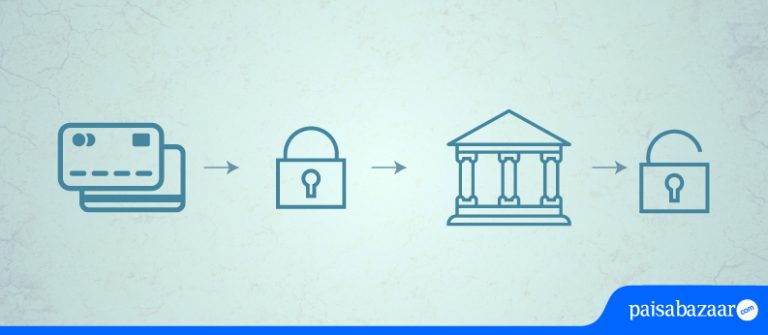

Important: Reserve Bank of India has extended card tokenisation deadline by six months to June 30, 2022.The earlier deadline was December 31, 2021
The Reserve Bank of India has updated the guidelines on card tokenization services with effect from 1st January 2022. As per the new rule, all the online shopping merchants/apps will be prohibited from saving your card details, CVV Number, expiry date, etc. and the payment will be made via encrypted tokens. Keep reading to know key things about new RBI rules on online credit and debit card transactions.
What is Tokenization?
The process of turning sensitive data into ‘non-sensitive’ data is known as “tokens”. These tokens convert cardholder’s 16-digit account number into a digital credential that can’t be stolen or reused. In other words, tokenization is the replacement of debit/credit card details with a unique alternate code- token. These tokens basically represent the customer’s card data which is saved in the payment system of the merchant for making any transactions.
Note: Tokenization is only for domestic transactions and is not applicable to international transactions.
How Does Tokenization Work?
Even though consumers do not have to participate in tokenization, but it is good to know how this feature will work out. Tokenization flow is explained below:
Step 1: Consumer initiates a purchase transaction
Step 2: Token is submitted in place of PAN to the acquiring bank by the merchant
Step 3: Acquirer Bank passes token to the Card Network
Step 4: Card Network process the token for PAN mapping to issuing bank (exchanges PAN to Token)
Step 5: Issuer either authorises or declines transaction & send a response to network
How is Tokenization Beneficial for Consumers?
The aim of tokenization is to benefit the consumers who use online modes of payment. As per the instructions of RBI, merchants will create a ‘token reference number’ against each token and only these reference numbers will be stored by the merchants. Moreover, in case of any fraudulent transactions, the same token cannot be used again and a new token will have to be requested by the users.
Do Consumers Need to Remember their Token Details?
These tokens are also 16-digit numbers just like credit/debit cards so consumers are not required to remember their token details. According to the RBI, token details will also not be shared with consumers.
Who Will Issue Tokens to the Consumers?
These tokens will be issued to the consumers through card networks such as VISA, Mastercard, or Rupay. Moreover, they will also inform the card-issuing banks and some banks might ask card networks to take an approval before issuing the tokens.
How Many Tokens Will be Issued to Consumers?
If a consumer makes an online purchase from two different merchants, then two different tokens will be issued from two different merchants.
Note: It is worth noting that tokenization is not mandatory. Cardholders can choose either tokenization for hassle-free transactions or can also enter card details.